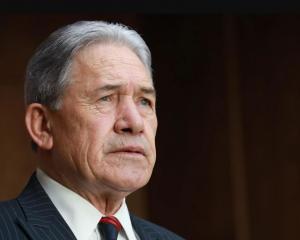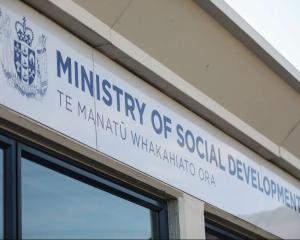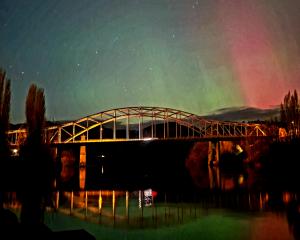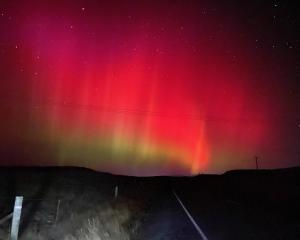The tourism, travel and aviation industries are disappointed the Government is pushing ahead with imposing a travel tax on New Zealanders and international visitors from January 1 next year.
The Government came under fire in May after its surprise imposition of a "border clearance levy" - a tax that will cost most adults up to $21.57 for a round trip to and from this country.
The Tourism Industry Association protested that it would put a handbrake on growing the number of travellers and wanted it delayed until 2017.
However, association chief executive Chris Roberts said the tax of $21.57 (including GST) per air passenger and $26.22 (including GST) per cruise passenger was going ahead in the New Year.
The money collected from the levy is to replace the current Crown funding of border services provided by Customs and the Ministry for Primary Industries (MPI).
The association led a coalition of tourism, travel and aviation organisations (Catt) which recommended changes regarding implementation of any tax.
Mr Roberts says the tax ignored a long-standing understanding in New Zealand that border services are a public good and should therefore be funded from general taxation.
He accused the Government of down playing the potential negative impacts of the levy.
"Fortunately, the tourism sector is currently performing very well, with international visitor arrivals growing by 8 per cent in the past year.
"However, the new tax will be enough to deter some people from travelling -- and could shave 1 per cent to 2 per cent off the current growth.
"In terms of visitor spend, New Zealand is set to lose more than it gains in the tax collection."
The Catt submission called for the tax to be delayed until 2017 in order to allow work to fully understand the impact on international visitors choosing to travel to New Zealand and New Zealanders' propensity to travel offshore.
More work was needed to establish whether it was appropriate and fair for Customs and MPI charges to be recovered through a travel tax.
Australia and some other countries have strict requirements for fully inclusive price advertising and brochures are already out for air and sea travel to New Zealand in 2016.
Introduction of the tax in the New Year did not give enough time for the agencies responsible for collecting the tax to update their systems.
The submission also called for the tax to be zero-rated for GST instead of being a tax on a tax.
Mr Roberts says the Government's failure to allow a traveller reference group to monitor how the money collected is allocated each year is particularly disappointing.
"In other words, those who are forced to pay, should have a say.
"We will continue to push for a formal mechanism for the affected sectors to have a say on how MPI and Customs are spending the tax."
Mr Roberts welcomed the Government's two concessions since its May announcement.
The first is that the tax for cruise passengers has been capped at the consultation figure of $26.22.
However, the exemption of crew members means the full border costs will not be covered by the tax.
Mr Roberts says the Crown is retaining a small part of the responsibility for funding border services.
The second concession is that the level of the tax will be set for 30 months, with any adjustment likely to occur on July 1, 2018.
"This provides some certainty for those selling travel to New Zealand that they can put accurate information into the market."












